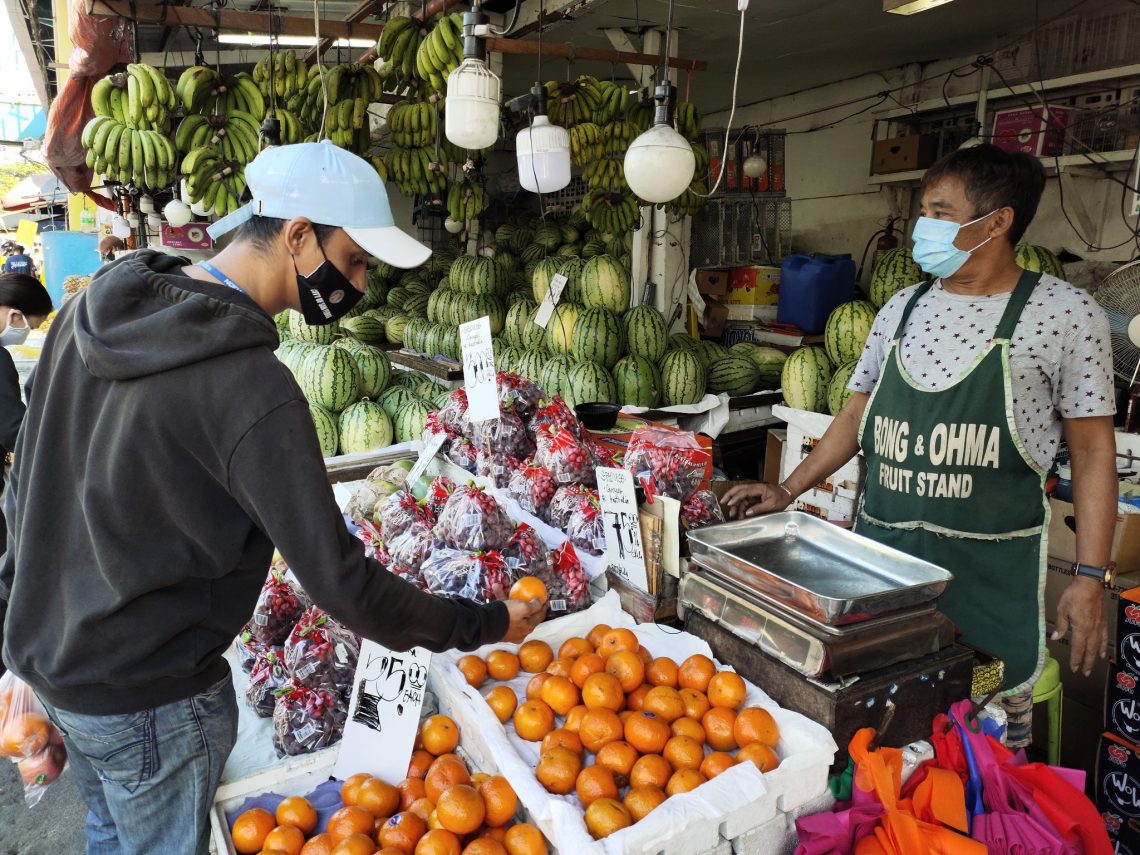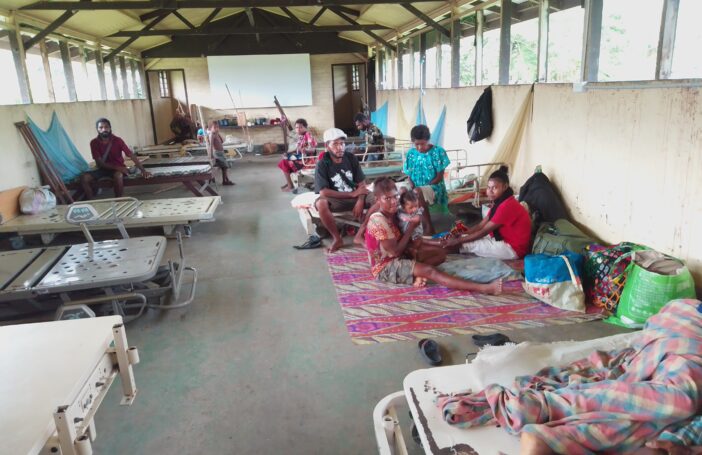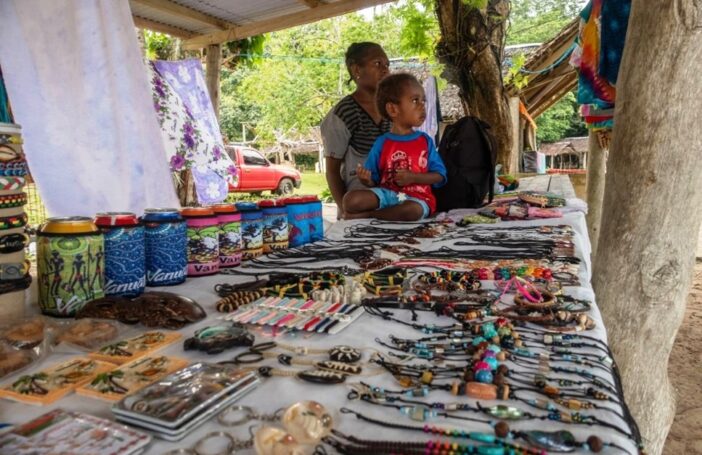Life for ‘Jane’ as a local fish trader in Papua New Guinea has become more precarious since the COVID-19 state of emergency. “Day in and day out we have worked hard to keep going and to survive during this COVID-19 period,” she said of her situation and that of other women who trade fish from the Sepik River.
A growing body of research demonstrates that women like Jane, together with girls and other vulnerable groups, have been hardest hit by the pandemic. Put plainly, she said: “No money means no food.”
The shock of the pandemic has adversely impacted the lives and livelihoods of smallholders like Jane across the developing world. The Australian Centre for International Agricultural Research (ACIAR) funded a team of 30 researchers led by The Australian National University and the Commonwealth Scientific and Industrial Research Organisation to conduct an assessment of food and nutrition security over the first six months of the COVID-19 crisis. The resulting report, COVID-19 and food systems in the Indo-Pacific: An assessment of vulnerabilities, impacts and opportunities for action was published online last week.
The research focuses on five geographies – Indonesia, Papua New Guinea, seven Pacific Island Countries, The Philippines and Timor-Leste – and identifies cross-cutting themes of broader relevance to the Indo-Pacific region. Each assessment applied the same analytical framework, while recognising the existence and operation of very different agrifood systems. The work highlights many opportunities for governments, communities and private sector organisations throughout food value chains to help ‘build back better’ to achieve more effective, resilient and sustainable food systems.
All five geographies were found to experience these ten pre-existing vulnerabilities, which served to exacerbate the effects of the pandemic:
- Dependence on food imports
- Exposure and sensitivity to climate change and extreme weather events
- Pre-existing and persistent nutritional challenges (e.g. micronutrient deficiencies, stunting in children, overweight and obesity)
- Growing informal labour and economic marginalisation
- Pre-existing and persistent gender inequity
- Baseline data gaps for: agriculture, fisheries, ecosystem integrity, gender, health, nutrition
- Patchy biosecurity, animal and plant health services
- Fragmented value chains and food systems governance
- Rapid population growth, inequity between generations and between rural and urban populations
- Poorly adapted risk communication.
The COVID-19 crisis has placed all levels of government across all sectors under enormous pressure as they grapple with the multitude of issues affecting public health, their economies and societies. Collectively, the assessments revealed significant loss of employment and incomes, disrupted value chains due to both local and international restrictions on logistics, and resultant increases in food prices and growing food and employment insecurity.
More generally, food producers are concerned about the limited availability and/or access to agricultural supplies, particularly with respect to the upcoming growing seasons. These input constraints are likely to result in further reductions in food production, extending food insecurity in the region. Declining food demand and access, and increased gender-based discrimination, were also identified as concerning impacts in most but not all geographies studied.
The potential for food systems to recover varies within and between countries. For some of the case studies, social protection has played an important role in the pathway to recovery. While the ability of food systems to anticipate, absorb and recover from the COVID-19 shock suggests that regional food systems are far from resilient, there are also indications of regional economic communities collectively envisioning and moving towards a transformation of their food systems.
Six factors of significance to recovery and resilience were identified in all or most geographies studied:
- Availability of imported staple foods
- Variable functionality of food system governance
- Heightened recognition of the importance of food systems
- Significant scope for social protection to build resilience
- Local value chains contributing to food and nutrition security
- Evidence of local food system agility.
The review proposes investment options at three timescales for research and development to strengthen food systems in each of the focal geographies to address the immediate concerns around recovery and to embed the principles associated with “building back better”. Recognition of the interconnectedness of the vulnerabilities identified and the compounding effects these have had on food production and security, reiterates the importance of not focusing on only one crisis at a time to avoid inadvertently exacerbating other crises, such as the ongoing climate risk.
The world has changed in 2020 and agriculture and food systems must change with it, especially for people like Jane, who reminds us: “There are a quite a lot of us in this situation. Not just me.”
This post is part of the #COVID-19 and international development series.





